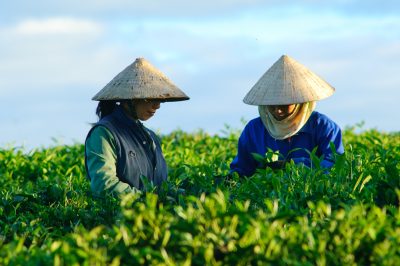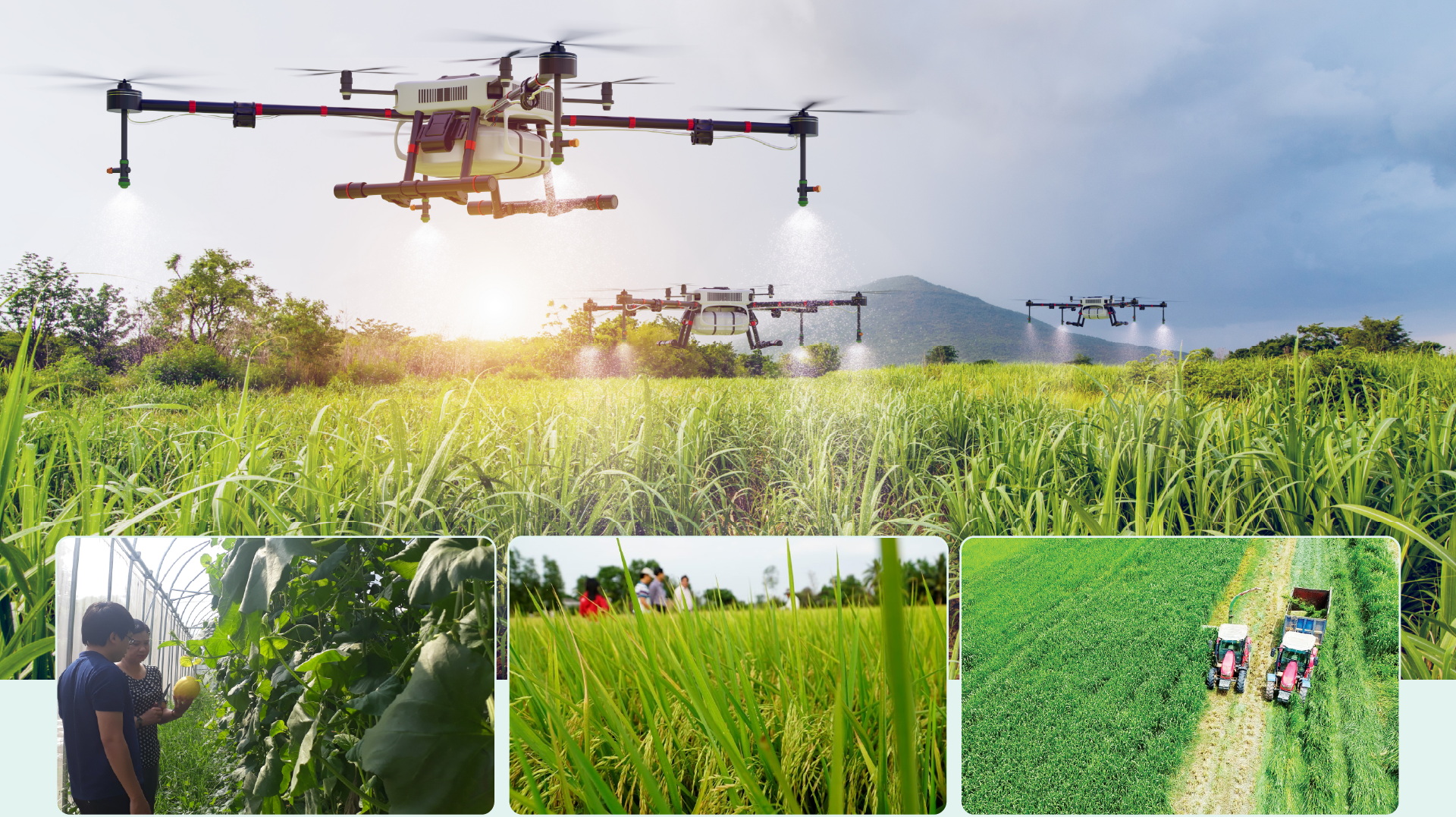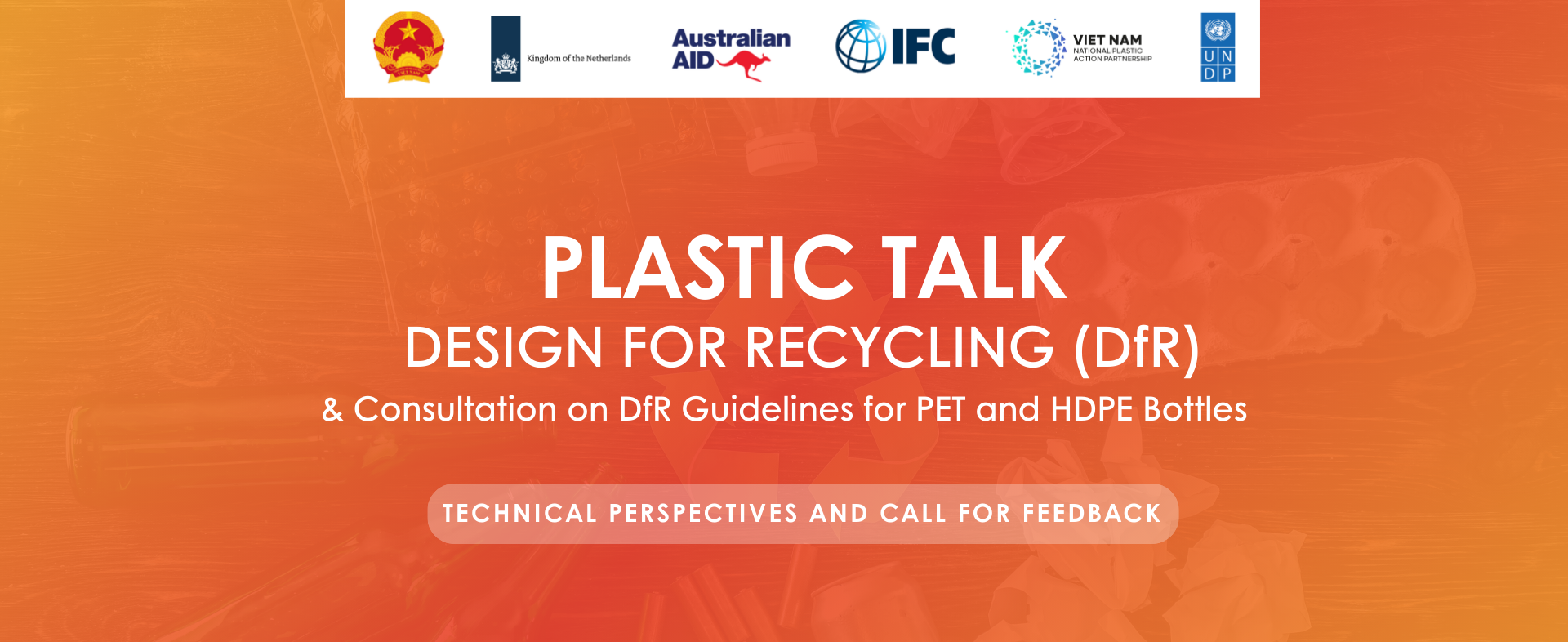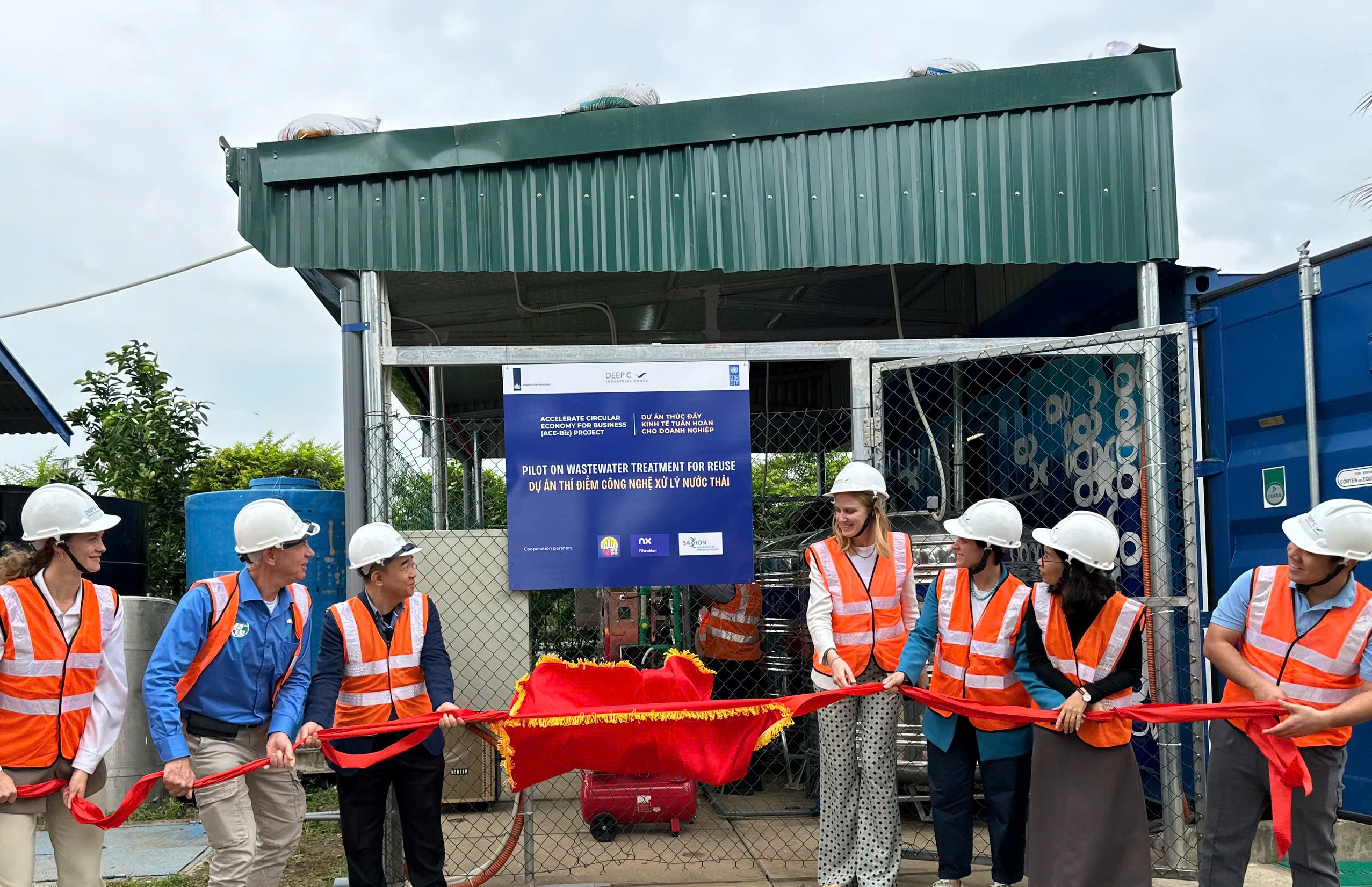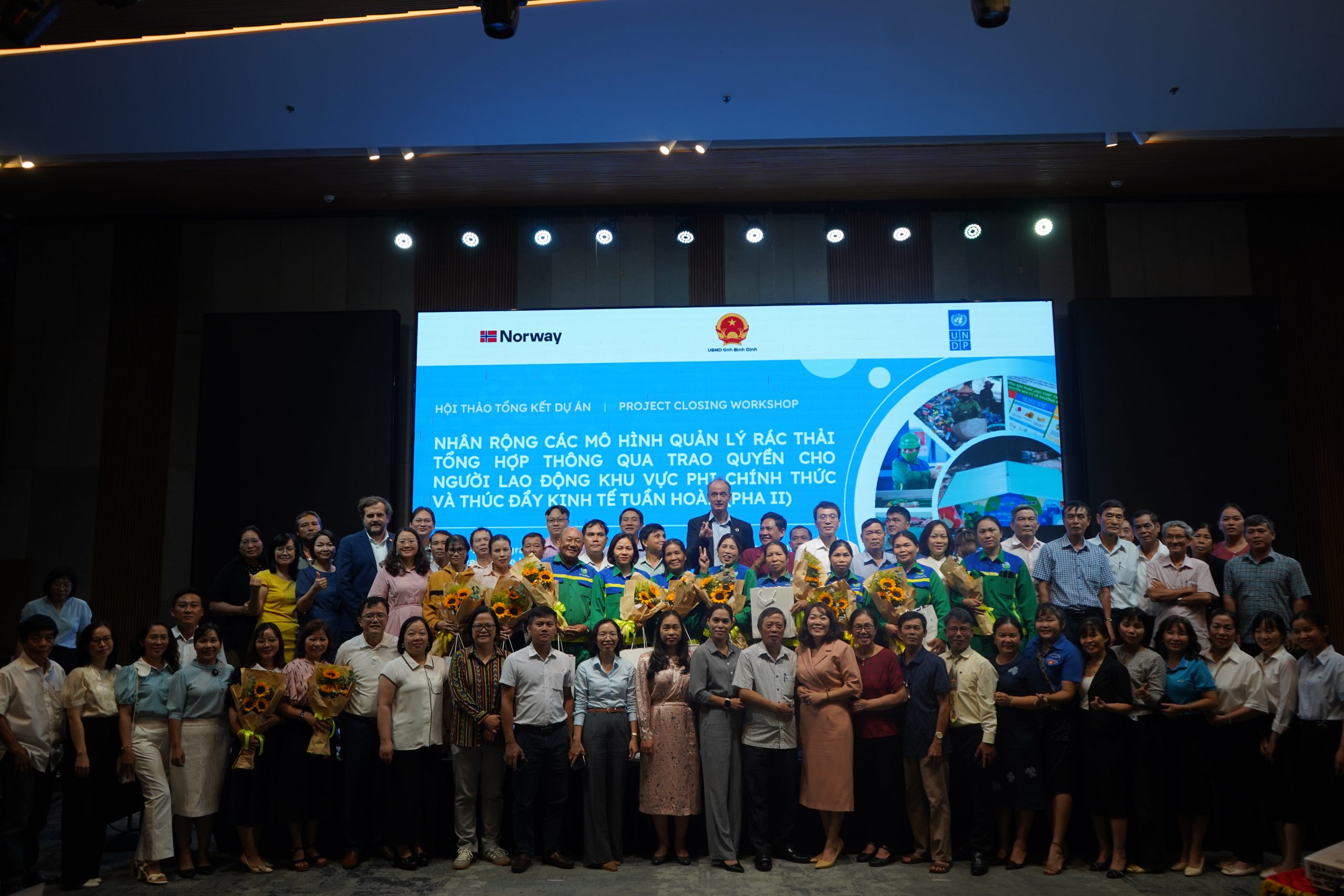
Quy Nhon, June 12, 2025 – The Binh Dinh Provincial People’s Committee, the United Nations Development Programme (UNDP), and the Norwegian Embassy in Viet Nam today co-organized a closing workshop for the project “Scaling-up Integrated Waste Management Models through Empowering the Informal Sector and Fostering the Circular Economy.” Funded by the Norwegian Government and technically supported by UNDP, the project has been implemented since 2021, achieving many practical results that contribute to improving the domestic waste management system and raising community awareness.
One of the prominent results is the waste sorting at source model piloted in Ngo May and Nguyen Van Cu wards, attracting nearly 13,000 participating households. After the project’s support phase concluded, 60% of households continue to sort waste, and over 90% wish to continue, demonstrating long-term effectiveness in awareness and behavior. Additionally, the “Fishing boats bring waste back to shore” model attracted over 150 boat visits in just six months, collecting over 3 tons of plastic waste from the sea. The Material Recovery Facility (MRF) in Long My, with a capacity of 2 tons of plastic per day, has also recovered over 120 tons of plastic, of which more than 58 tons of PET were sold to recycling businesses. Notably, nearly 200 informal waste workers have been organized into clubs, receiving training, protective equipment, and market access support – affirming their indispensable role and contribution to the domestic waste value chain.
Speaking at the workshop, Mr. Nguyen Tu Cong Hoang, Vice Chairman of the Binh Dinh Provincial People’s Committee, emphasized that this project holds special significance – not only environmentally but also as a testament to the locality’s commitment to sustainable development and the circular economy. He affirmed: “The aforementioned results prove that when local authorities take the initiative, citizens join hands, and international organizations and businesses work together, seemingly intractable environmental problems can be transformed into opportunities for sustainable development.” Besides acknowledging the achievements, he also frankly pointed out existing challenges, such as inconsistent waste sorting at source and the lack of stable support mechanisms for informal waste workers. He called on all stakeholders to continue collaborating to refine policies and expand the implementation scale.
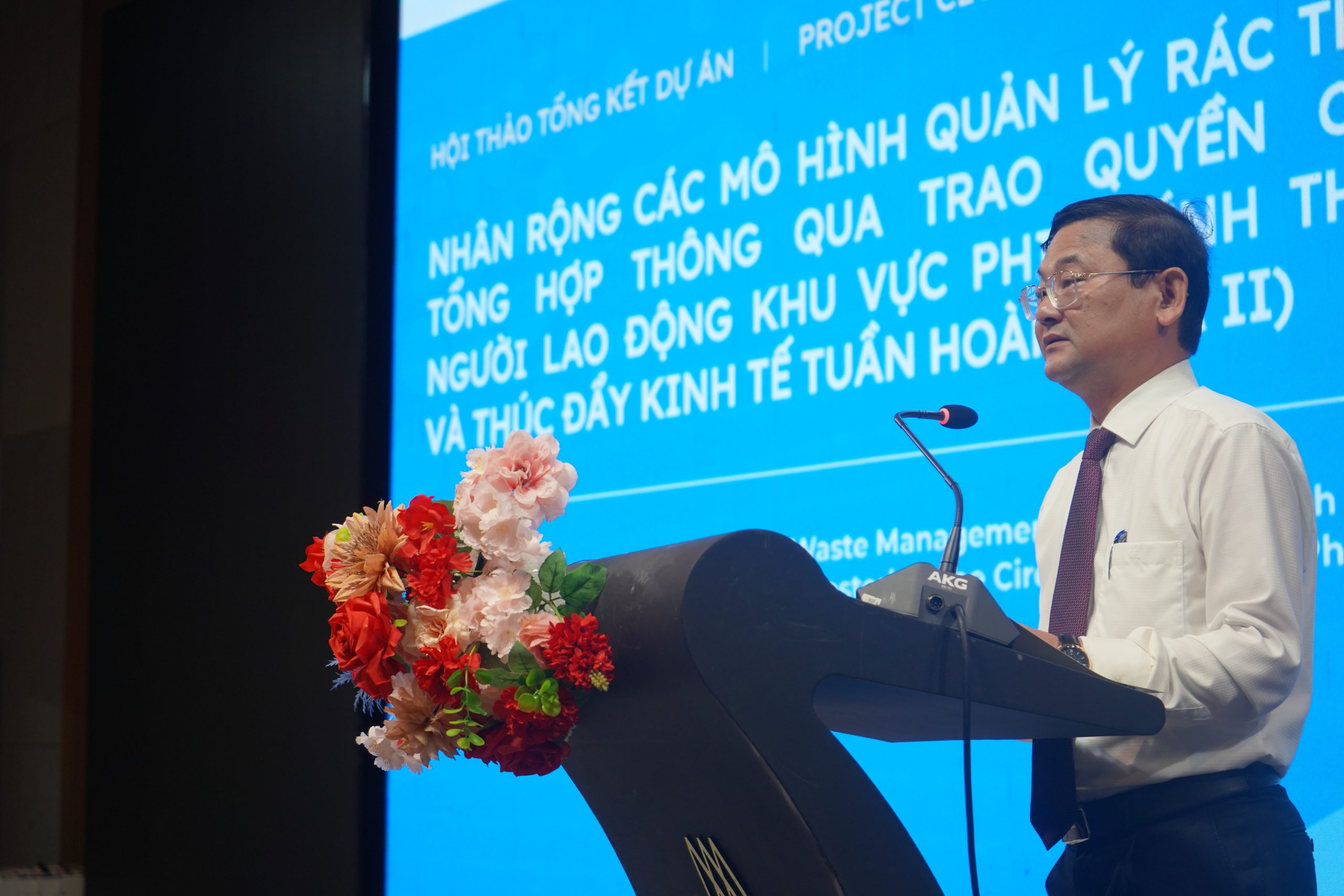
Mr. Nguyen Tu Cong Hoang delivered the opening remarks at the event.
The project has helped Quy Nhon become a “living laboratory” for integrated and inclusive domestic solid waste management models. In his opening speech, Mr. Patrick Haverman, UNDP Deputy Resident Representative in Vietnam, stated: “We are not attending this workshop as an end, but as a preparation for the next phase. We are not just summarizing achievements, but together reflecting on an approach that places inclusivity and innovation at the heart of Vietnam’s transition towards a circular economy.” He noted that pilot models such as waste sorting at source, plastic recycling, and fishing boats collecting waste from the sea have proven effective and have the potential for national replication.

Mr. Patrick Haverman delivered the opening remarks.
From the donor’s side, Mr. Erlend Skutlaberg, First Secretary of the Norwegian Embassy in Vietnam, said: “This project in Quy Nhon and other cities is a compelling testament to how sustainable waste management can contribute to that global mission. From building the Material Recovery Facility, to the innovative ‘Fishing boats bring plastic waste ashore’ initiative, to empowering informal laborers, these are not just project outcomes, but foundations for a circular economy and a cleaner, more sustainable future.”
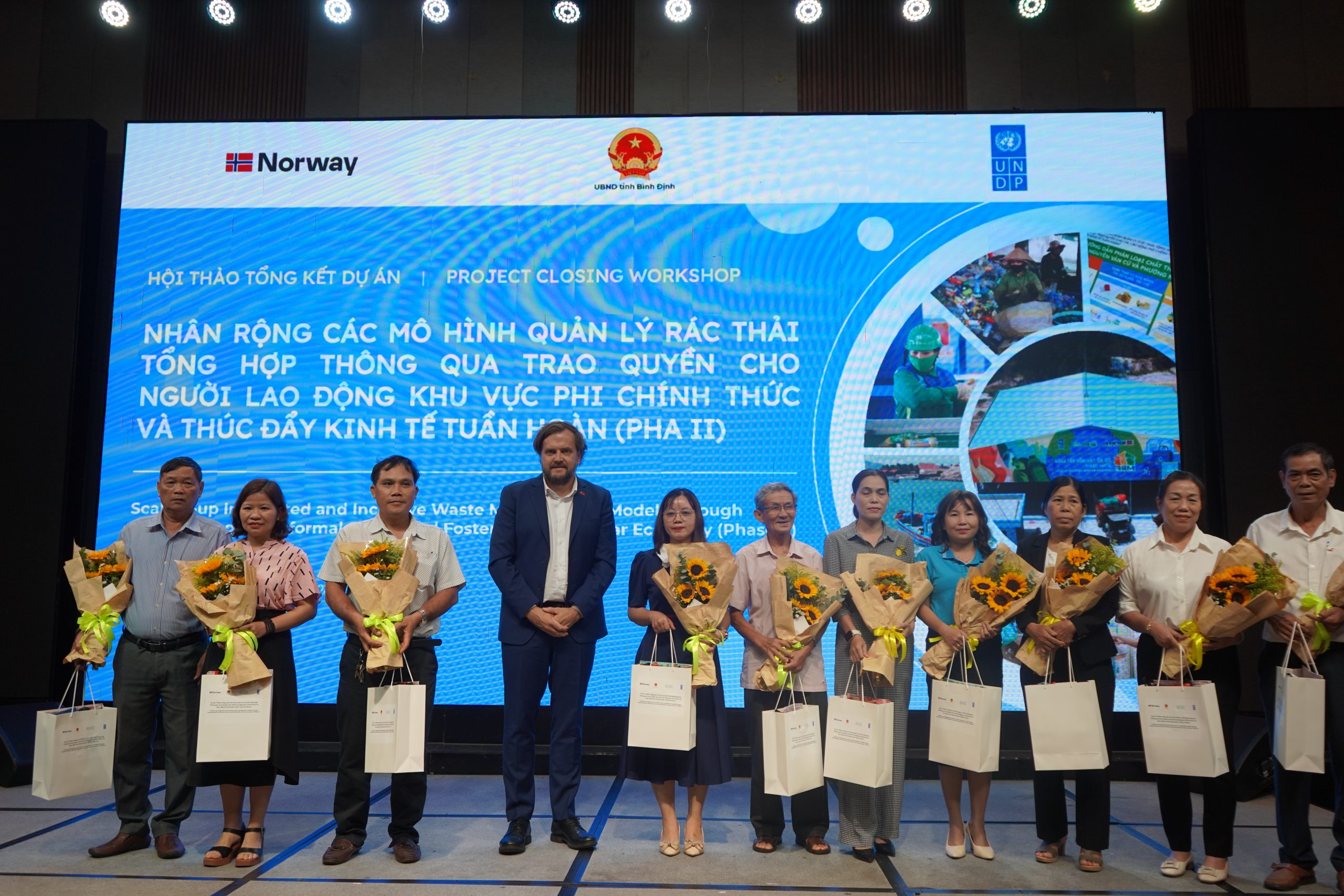
Mr. Erlend Skutlaberg presented gifts to active participating households and canvassing team members in the project’s “Waste sorting at source” pilot program.
In addition to the models and infrastructure, the Project has also contributed significantly to institutional strengthening. Practical results have become the basis for developing and adjusting provincial-level waste sorting regulations at source, while providing input for the National Action Plan on Circular Economy and the National Action Plan on Marine Plastic Waste Management. UNDP and partners are actively promoting follow-up directions, including expanding models to major cities, experimenting with new solutions such as co-processing and deposit-refund schemes, and promoting eco-design and markets for secondary raw materials.
For further information, please contact:
Phan Huong Giang
Communications and Media Analyst on Climate Change, Energy and Environment
United Nations Development Programme in Viet Nam
Email: phan.huong.giang@undp.org
Mobile: 0948466688
Nguyen Thi Kim Thanh
Communications and Information Advisor
Royal Norwegian Embassy in Ha Noi
Email: Thi.kim.thanh.nguyen@mfa.no
Mobile: 0904637298

